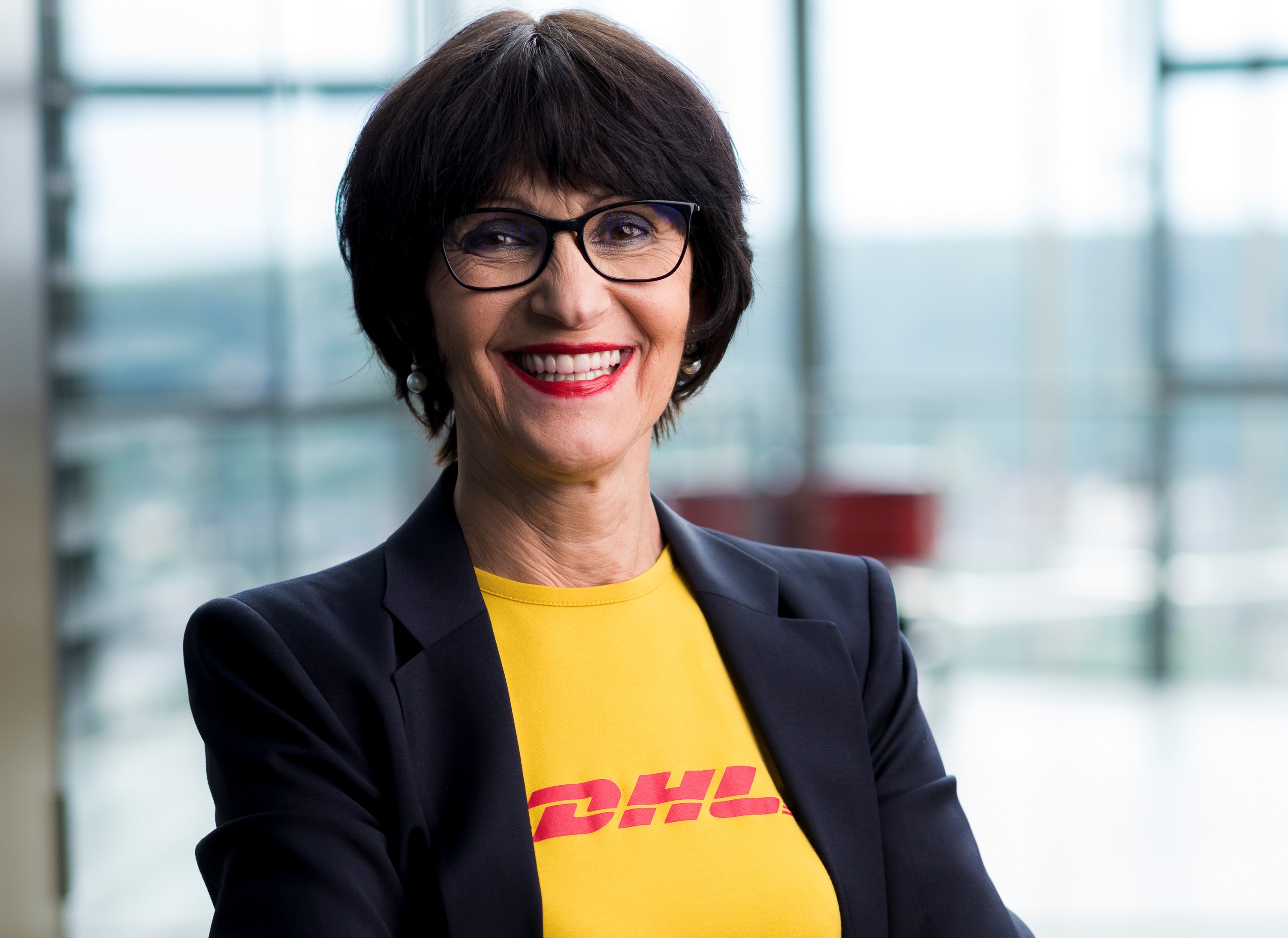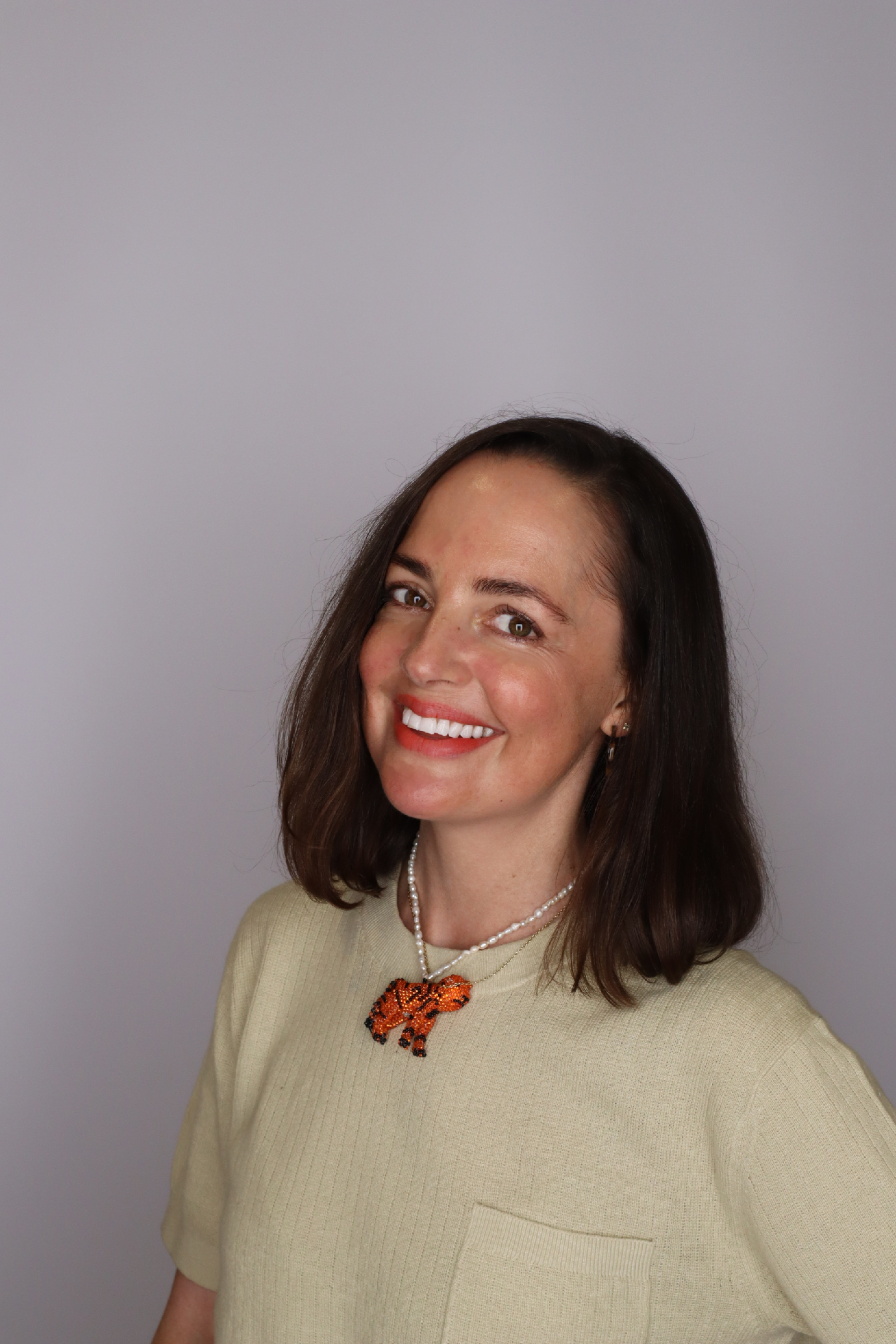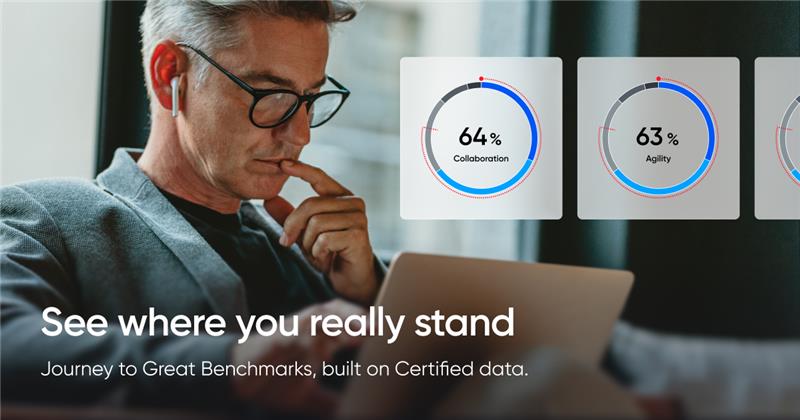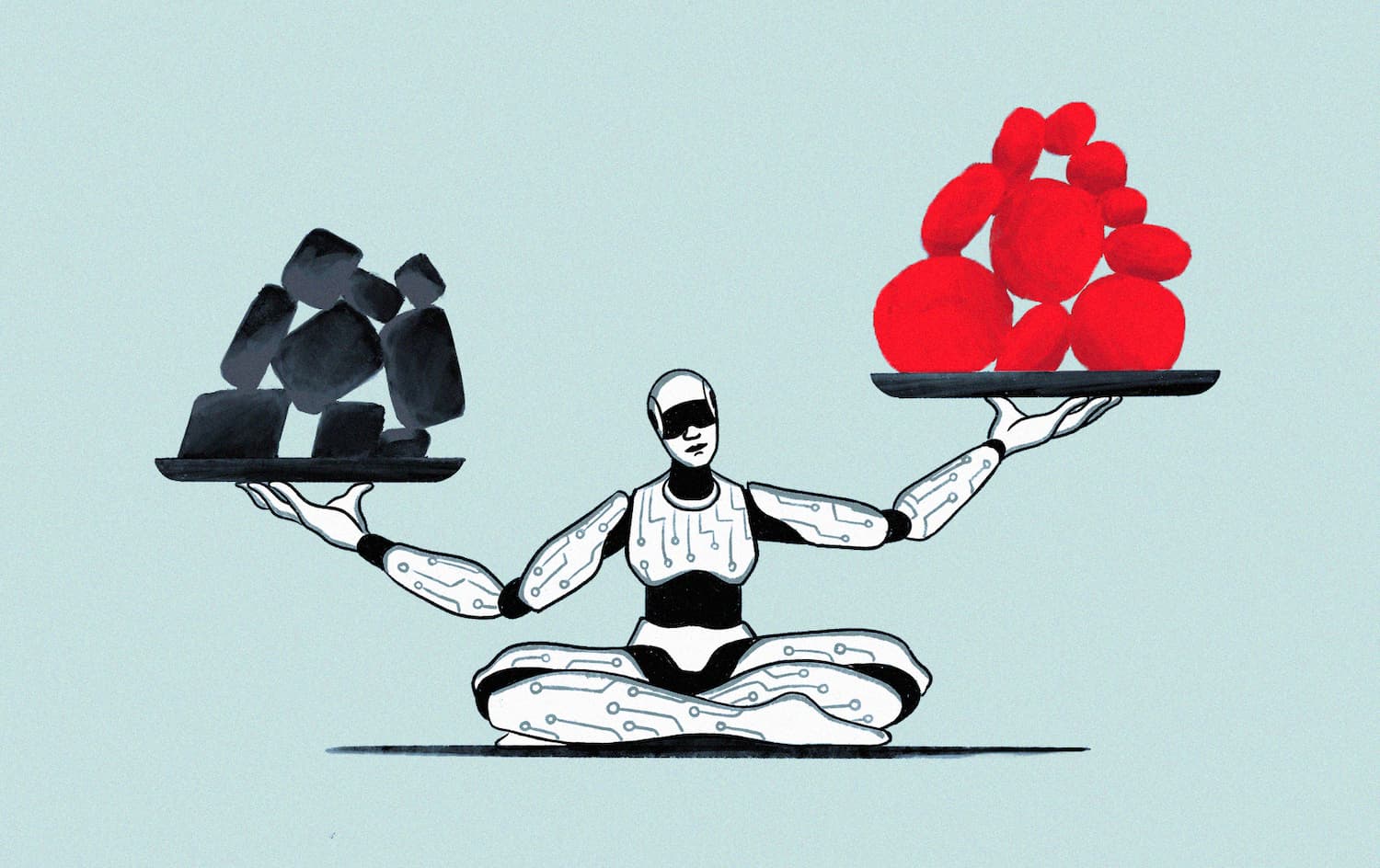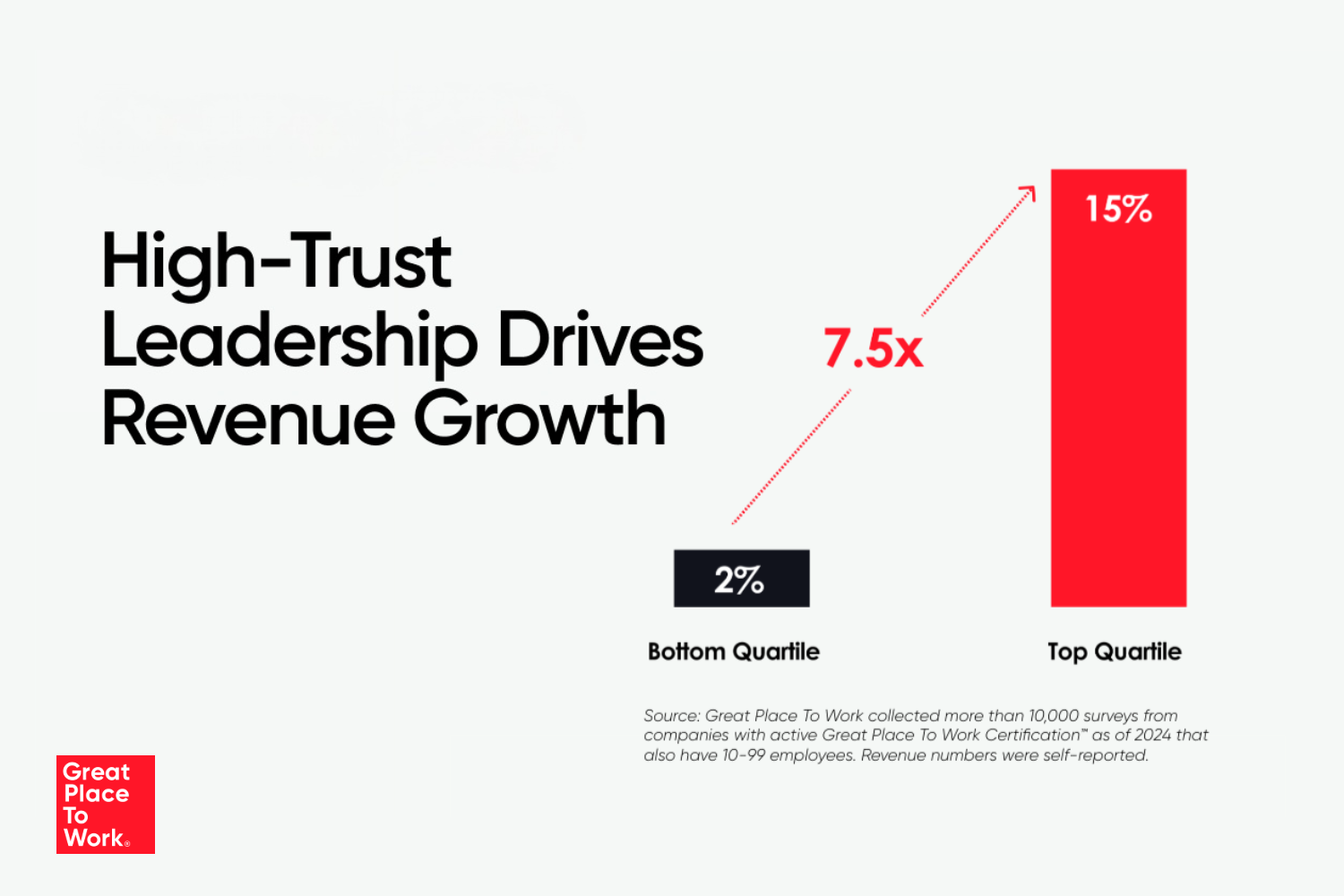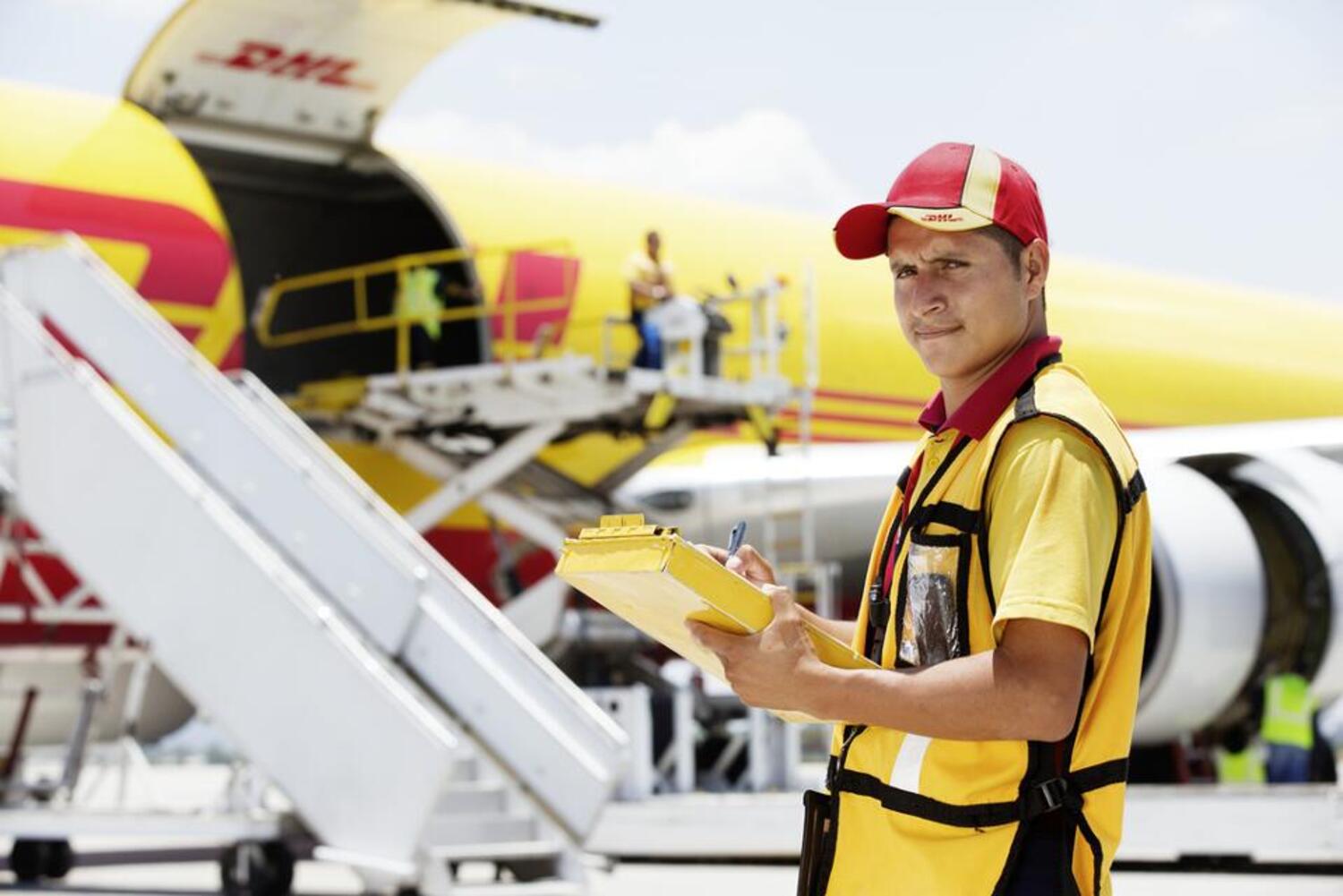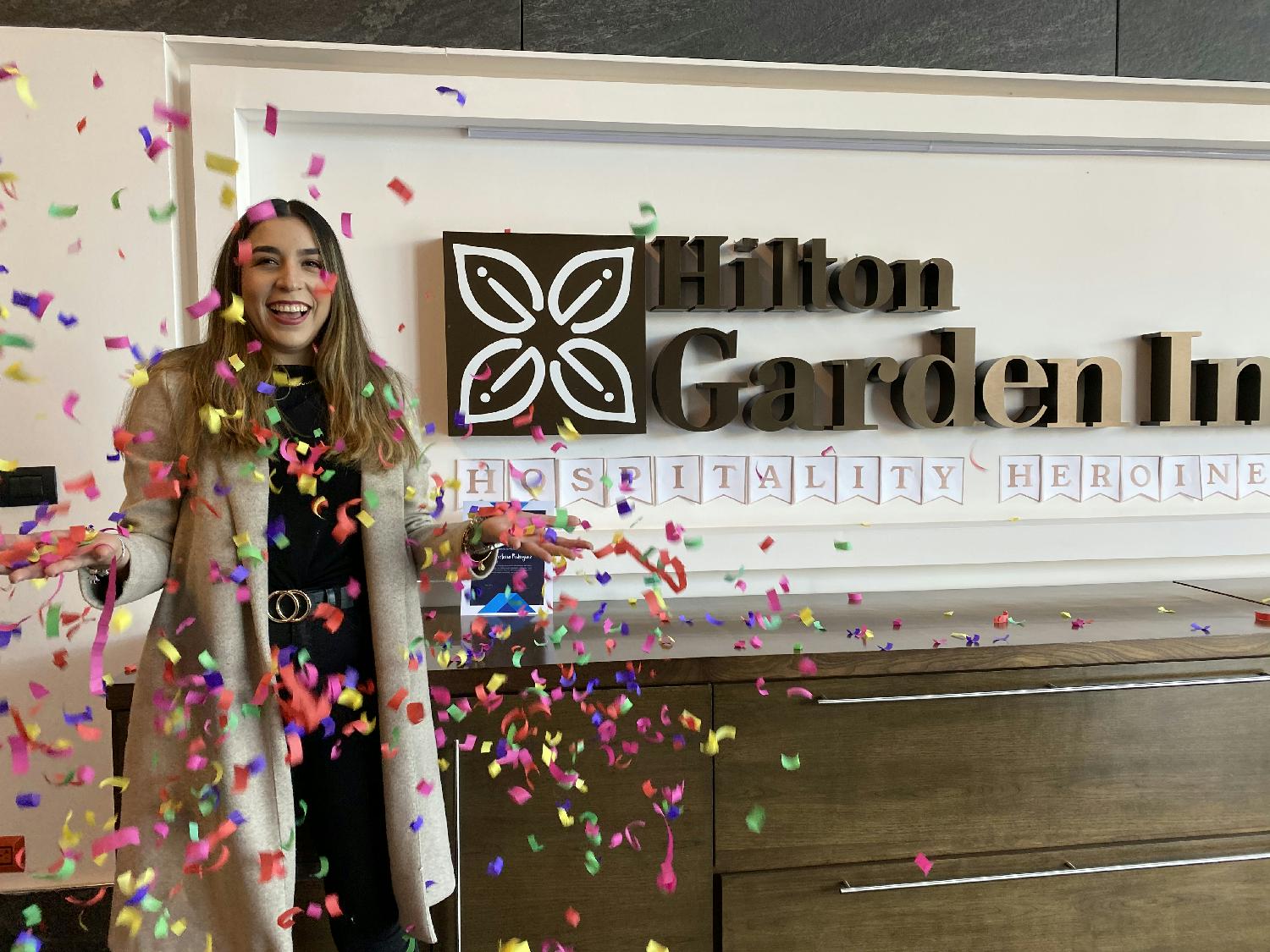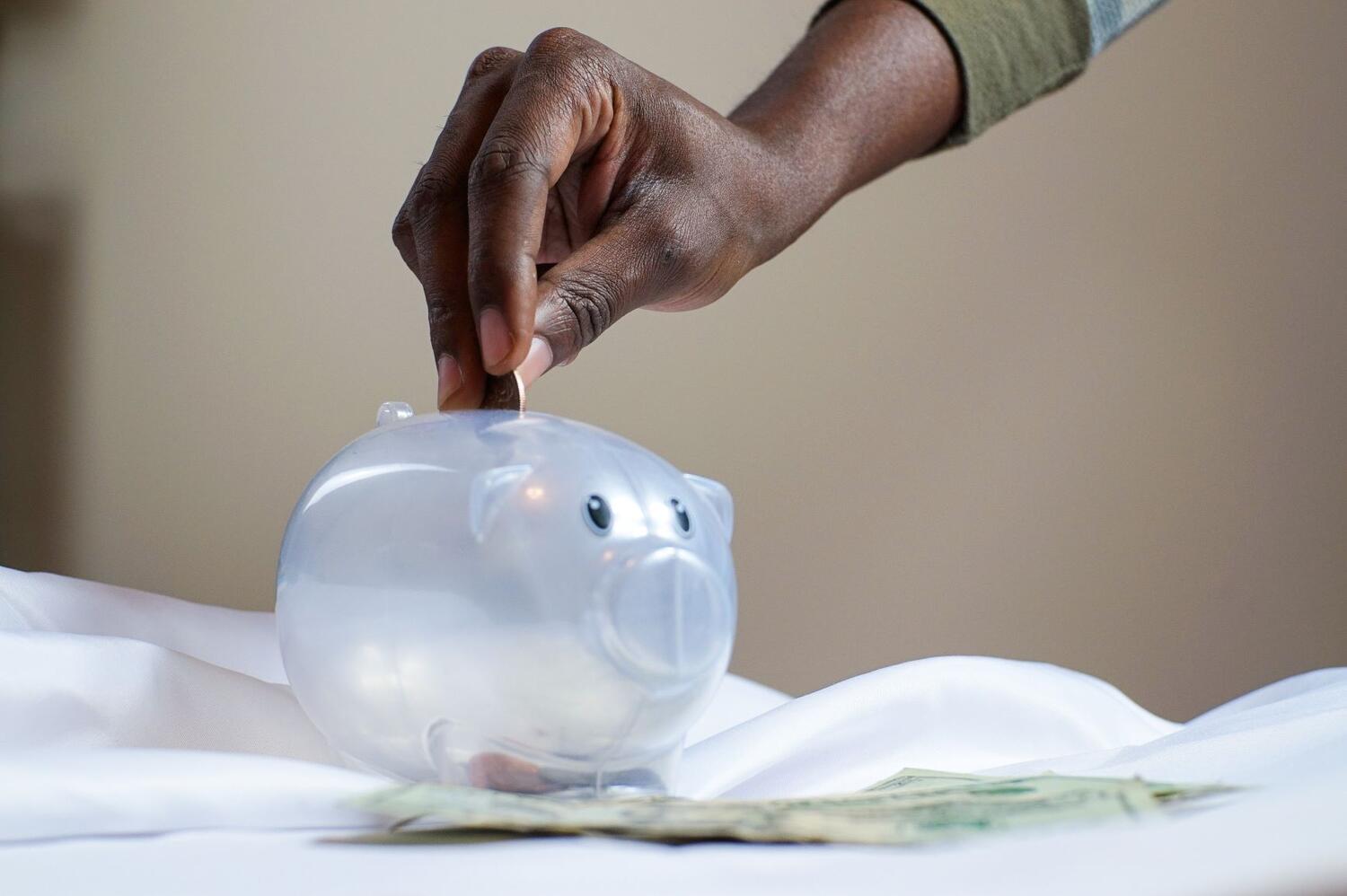Best Workplaces, Employee Engagement, Employee Experience
When a business says that one of its core values is “Open Company, No Bullshit,” it’s fair to assume you’re not dealing with a traditional workplace.
That’s the policy that Australian-based software company Atlassian — which makes popular digital tools like Jira and Trello — has proudly put in place, demanding that transparency, honesty and two-way dialogue are prioritized, while also acknowledging that management isn’t infallible.
“We don’t get all the decisions right, but we are always open,” says Erika Fisher, chief administrative officer and general counsel at Atlassian. “We believe that owning up to not knowing something as a leader or admitting a mistake helps foster trust across the company.”
And Atlassian is not afraid to ruffle a few feathers. The company has taken public stands on issues such as climate change, racial justice and voters’ rights. Most recently, Atlassian signed a public statement against the anti-abortion heartbeat bill in Texas.
“Our employees trust us to do the right thing and ultimately contribute to healthy communities for them to live in,” says Fisher. “We know that access to healthcare is a huge concern… It’s our responsibility to use the platform that we have as a global company to stand up and fight for their rights.”
With that kind of leadership and social justice ethos, it’s no surprise Atlassian was named on the 2021 Fortune World’s Best Workplaces™ list. This year marked Atlassian’s debut, coming in at #23
The list, produced by global workplace culture authority Great Place To Work®, is based on anonymous survey data representing nearly 20 million employees and 10,000 companies worldwide. To be considered, companies must be identified as outstanding global employers by appearing on at least five Best Workplaces lists in Asia, Europe, Latin America, Africa, North America or Australia during 2020 or early 2021.
The World’s Best Workplaces lead with head and heart
This year’s 25 winners stood out for criteria like supplying special and unique benefits, providing fair pay and offering robust training opportunities for employees to develop professionally. On average, 85% of employees at the World’s Best Workplaces say they experience well-being at work, and over 90% say they are proud of their employer and that management is honest and ethical in its business practices.
Other companies on the list include IT brand Cisco, hotelier Hilton and cloud software company Salesforce, all of which were in the top five for the third year in a row. Shipping and logistics behemoth DHL Express replaced Cisco in the number one spot on the 2021 list, standing out for, among other things, including employees in decision-making that impacts them. Like Atlassian, DHL boasts its own bold policy, which it refers to as “leading with head, heart and guts.”
“The head is really the performance-oriented area,” explains Regine Buettner, global head of HR for DHL. “The heart is what do you really feel and what can we do better. And guts is to really stand up and follow your company goals. If times are difficult, you need to manage it.”
DHL encourages all employees, from managers to front-line workers, to follow its head, heart and guts model by allowing them to be entrepreneurial. DHL staff are encouraged to proactively collect and act on customer feedback, rather than stick to an up-the-chain protocol of traditional customer service.
By granting employees the autonomy and initiative to represent the company in a way they can feel proud of, employees deliver better-quality service to customers, making it a win-win all around.
Global companies need global thinking
With more than 100,000 employees in 220 countries and territories, DHL is the definition of a truly international company — which means plenty of challenges when it comes to rolling out a unified strategy and common core values.
“For multinational company leaders, it’s vital to consider the varying regional and country-level perspectives,” says Buettner. “You need to really get to know and understand local cultural sensitivities.”
DHL relies on an annual employee survey to assess employee trust across the company, examining responses at the local level and then looking for patterns within regions and globally. A sounding board and steering committee featuring members from different countries also act as liaisons between the regions and global management board to review things like employee engagement and diversity, equity and inclusion initiatives.
“The main focus is really on trust, and how our people feel,” says Buettner. “It's not important what we as a management team want…What’s important is how people feel, how people understand. And this is why we get feedback: To see what we can do better.”
While Atlassian isn’t nearly as large, it’s still global, with nearly 6,400 employees across thirteen countries.
The company over-indexed Great Place To Work’s U.S. benchmark on employees “feeling proud to work there,” and staff scored the company high for “people being treated fairly regardless of race or sexual orientation.” Fisher says Atlassian has made DEIB (Diversity, Equity, Inclusion & Belonging) a major priority — with particular emphasis on the “I”.
“For every dollar you spend on diversity, spend two on inclusion,” she says. “Leaders often forget that equity isn’t just about hiring diverse people. It needs to live throughout the employee lifecycle.”
Atlassian’s performance reviews, promotion paths and compensation plans are designed to mitigate bias from the outset. And as part of its no BS policy, the team isn’t afraid to admit when they’ve got it wrong.
“We’re always open about the fact that while we’ve made progress, there is more for us to do,” says Fisher. “We’ve worked with researchers to quantify an inclusion index, helping us measure our successes and failures.”
For DHL, inclusion means adjusting diversity efforts to fit local cultural norms in its 220 countries. “Diversity is not the same everywhere,” warns Buettner.
She points to an experience in Saudi Arabia, in which DHL wanted to hire more women, but women were forbidden to share a workspace with men. As a workaround, DHL created a dedicated workspace where women could join the team; currently, DHL’s sales director and HR director in Saudi Arabia are both women.
DEIB is also very much about understanding the difference between equality and equity, says Buettner. After COVID hit, DHL decided to pay out a €300 bonus to everyone.
While there was initial discussion about adjusting payouts regionally to reflect exchange rates and local costs of living, in the end, DHL opted to pay everyone the same amount — the rationale being employees in developing countries were likely struggling more than their colleagues in more developed places.
What’s good for the world is good for business
Our research shows that corporate giving and social responsibility is the top driver of employee experience. When employees can connect their work to what is happening outside in the broader community, they feel an increased sense of purpose.
According to Great Place To Work’s data, employees are 1.9 times more likely to feel proud of their organization, and 1.7 times more likely to say their work is more than “just a job,” when they feel good about how their company contributes to the community.
This is certainly the case for this year’s World’s Best Workplaces, with 91% of employees saying they feel good about the ways their company contributes to the community.
At DHL, employees aren’t just recognized for the work they do on the job, but also for volunteering outside their working hours. Every year, the company selects country and regional winners for their personal volunteer work, with DHL making financial donations to those employees’ charities of choice.
In addition to its social justice and environmental work, Atlassian has its own foundation, which offers donation matching and five days’ volunteer time to every employee.
“Organizations need to do more than focus on delivering profits for shareholders,” says Fisher. “Times have changed. Employees expect more. The world deserves more.”
See the full list of the World’s Best Workplaces 2021.
Improve your culture IQ
Want more ideas and practices on how great workplaces are creating incredible company cultures? Get our monthly newsletter.


